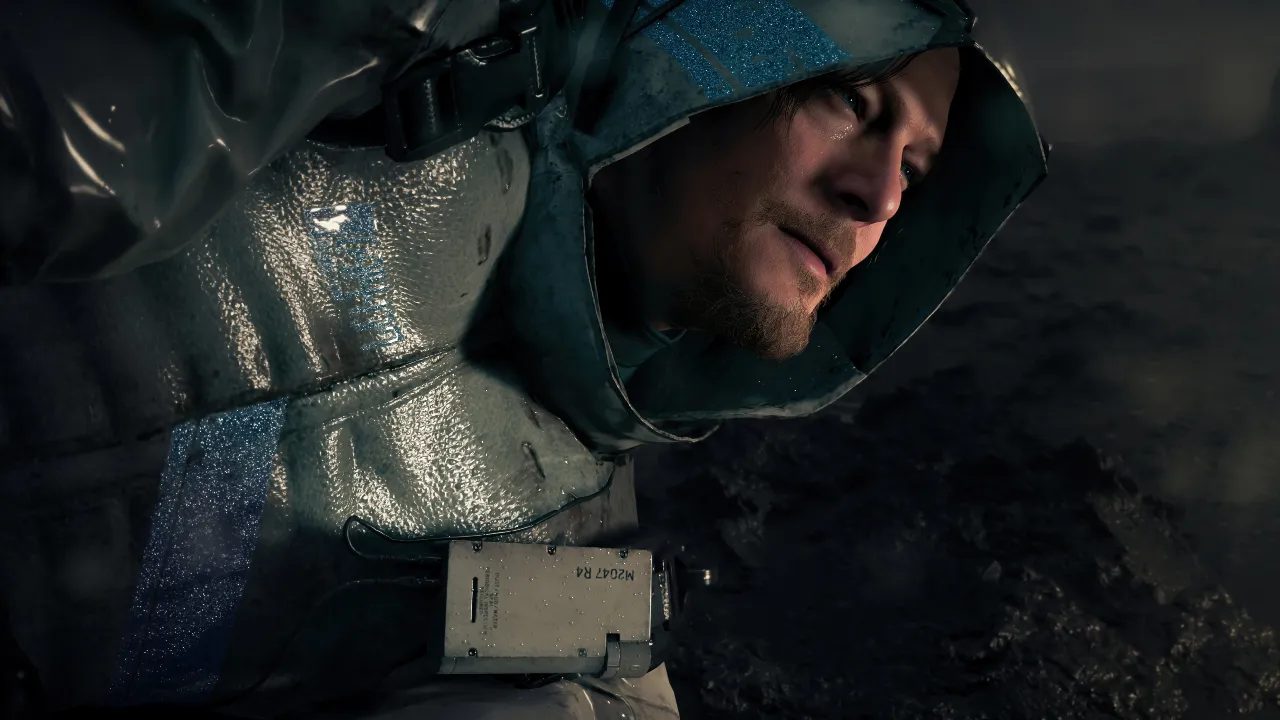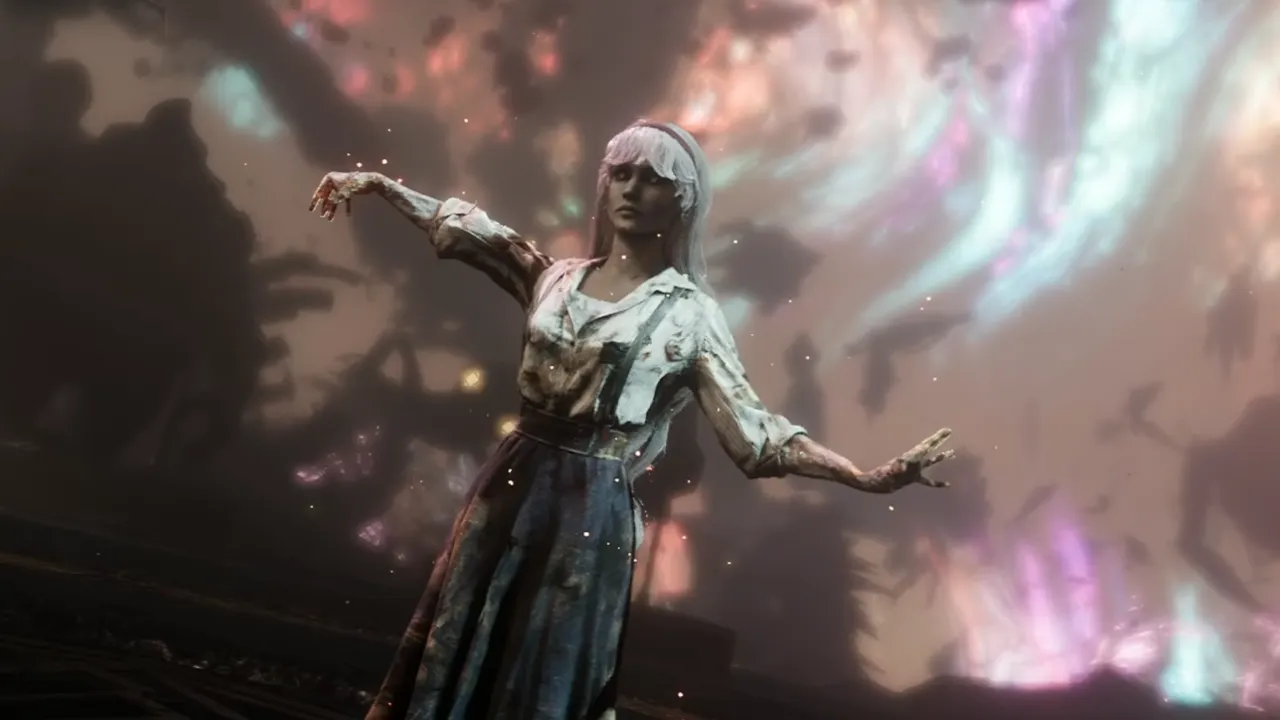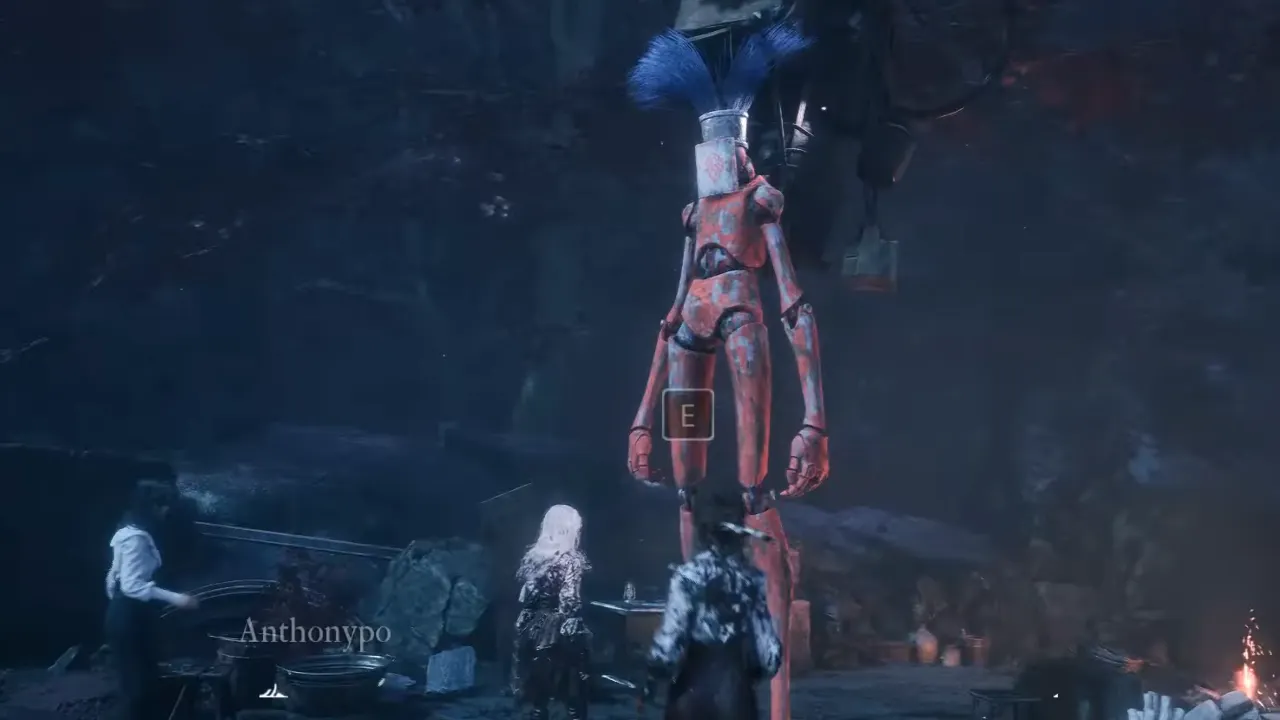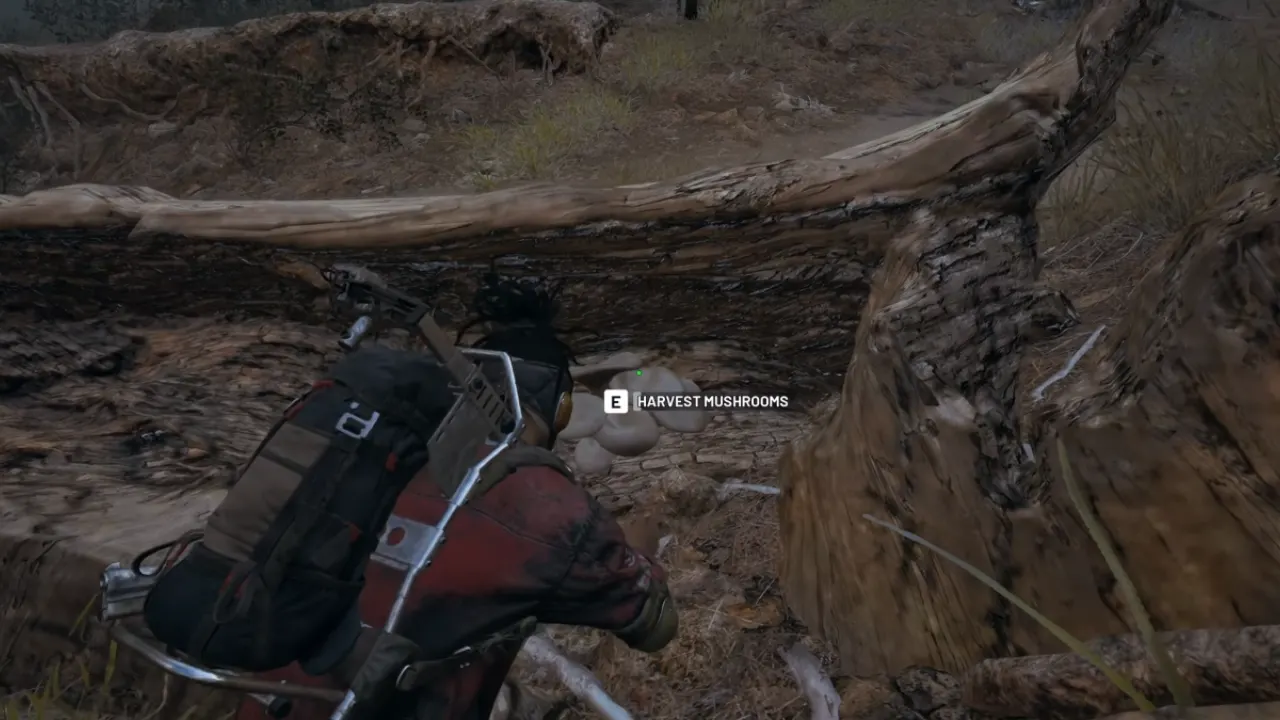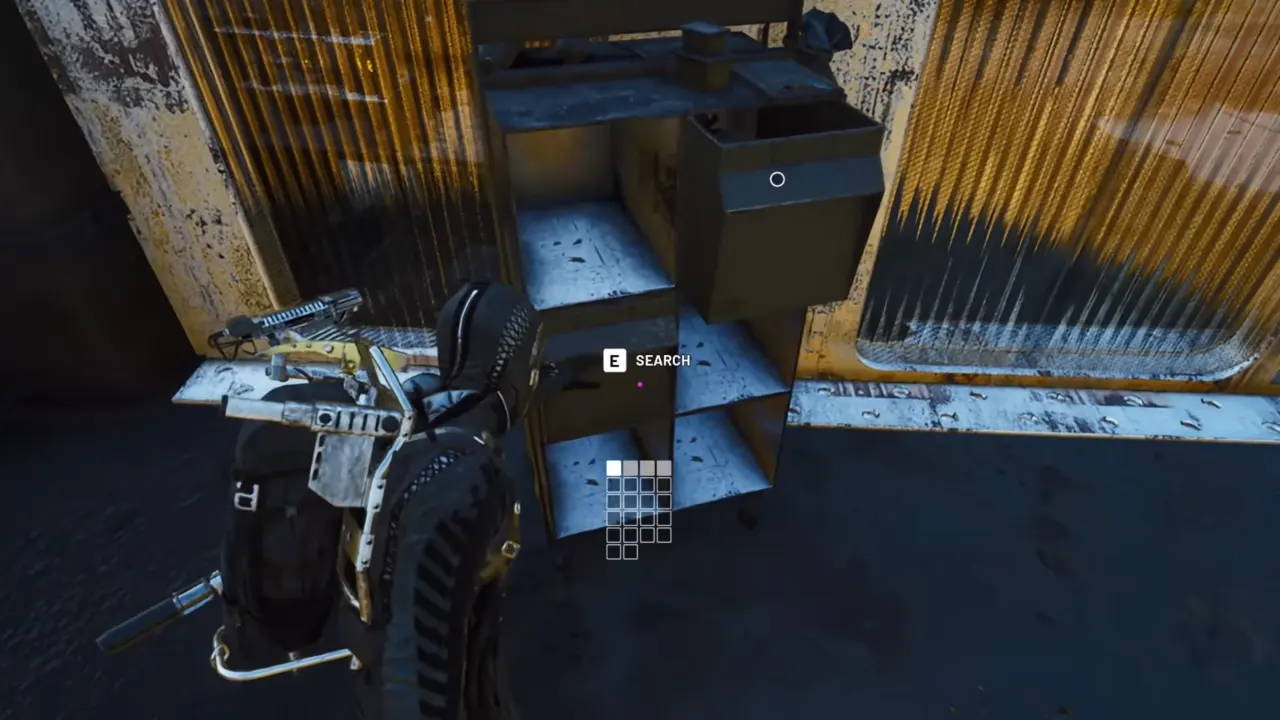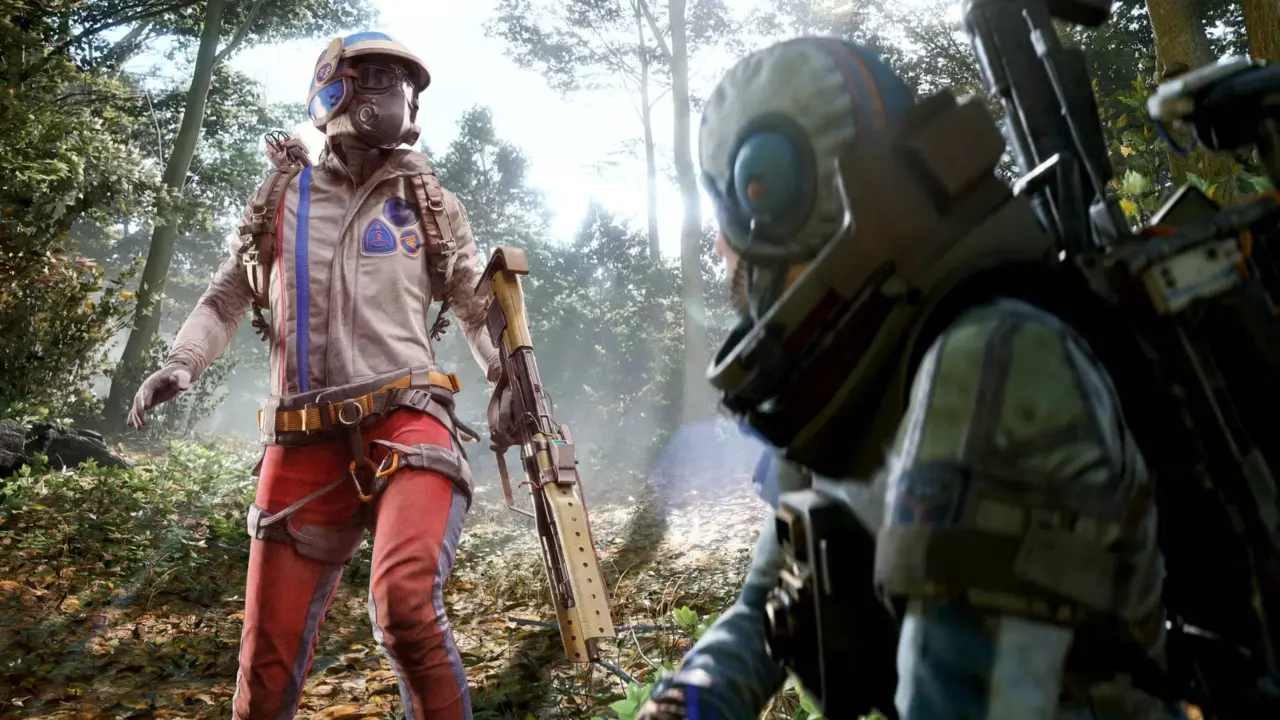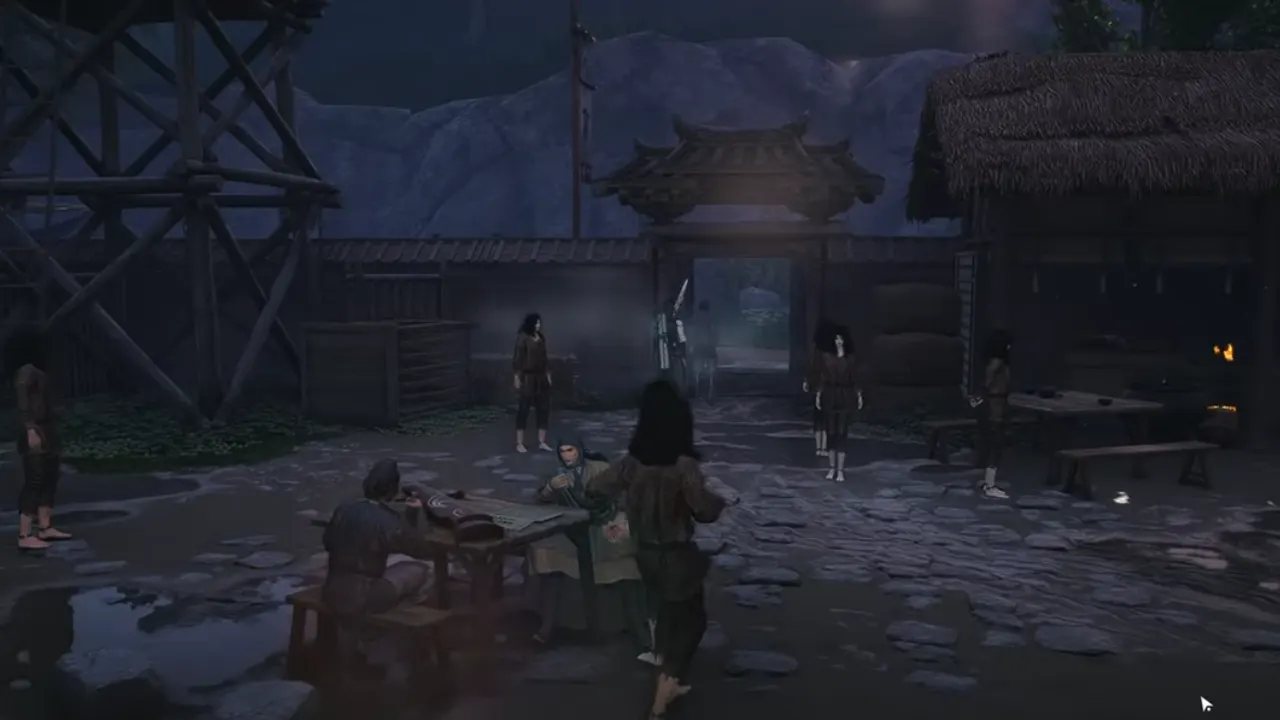Death Stranding 2: On the Beach pushes its signature “connections over combat” idea even further, letting you lean on other players’ structures and tools as you fight through its brutal Australia and Mexico while extending the Chiral Network. The game doesn’t make it obvious how to stick close to your friends, and the Strand Contracts system is what plays its part here.
Instead of hoping the game pairs you with strangers, you can set your friends to see their builds continuously appear in your world. The system isn’t explained clearly in-game, though, which makes it easy to miss or underuse. This guide explains how Strand Contracts work in Death Stranding 2, how to set them, and why they are important.
What are Strand Contracts in Death Stranding 2
If I explain in simple words, Strand Contracts work as the bridge between Death Stranding’s lonely single-player campaign and its multiplayer connections. Even though the game hasn’t been released with a full online multiplayer, the connections build system makes up to some extent where you connect and communicate with your friends. Once you make a contract with someone, it increases the odds to encounter their ladders, bridges, vehicles, signs, or even cargo in your own world instance.
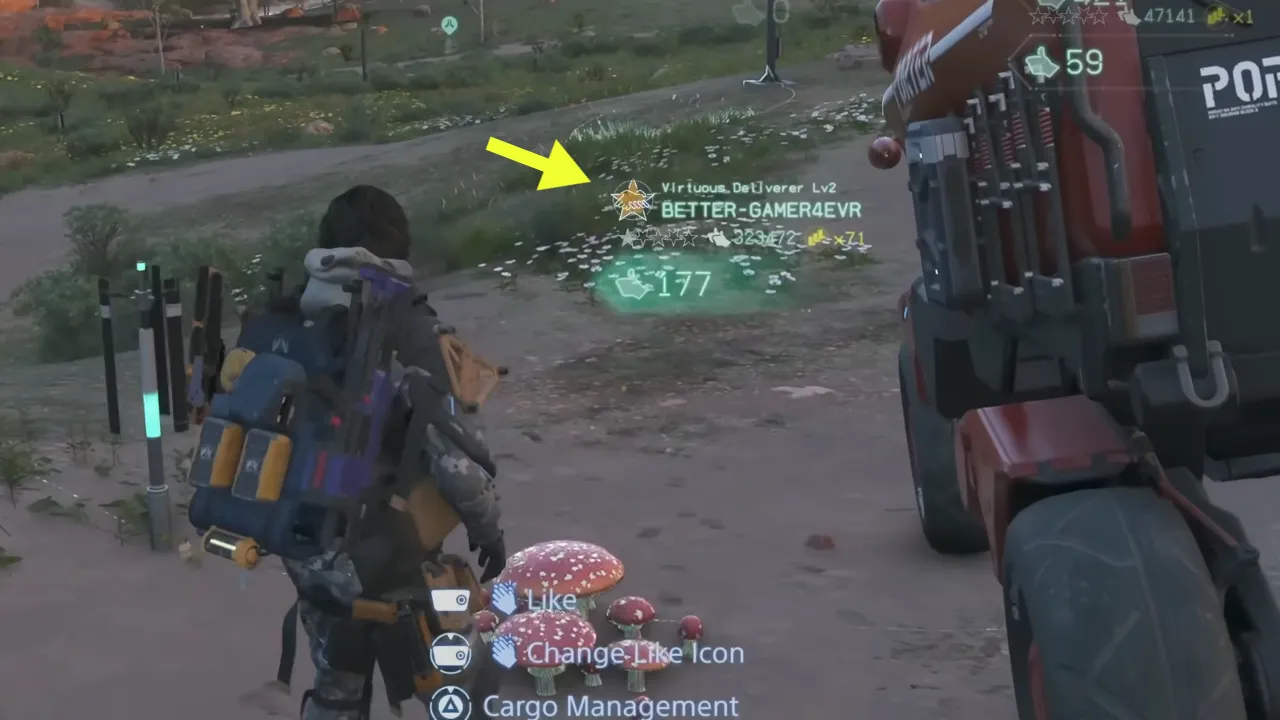
This doesn’t mean the game stops pulling from random players, it still does. But contracts push your friends’ structures to the front of the line. You’ll also see a little handshake icon next to anything linked to a Strand Contract, so you’ll know when your buddy had a hand in easing your hike.
How to Find and Add Your Friends in Death Stranding 2 from Strand Contracts
It’s a simple process once the Social Strand Service (SSS) unlocks early on in Death Stranding 2: On the Beach.
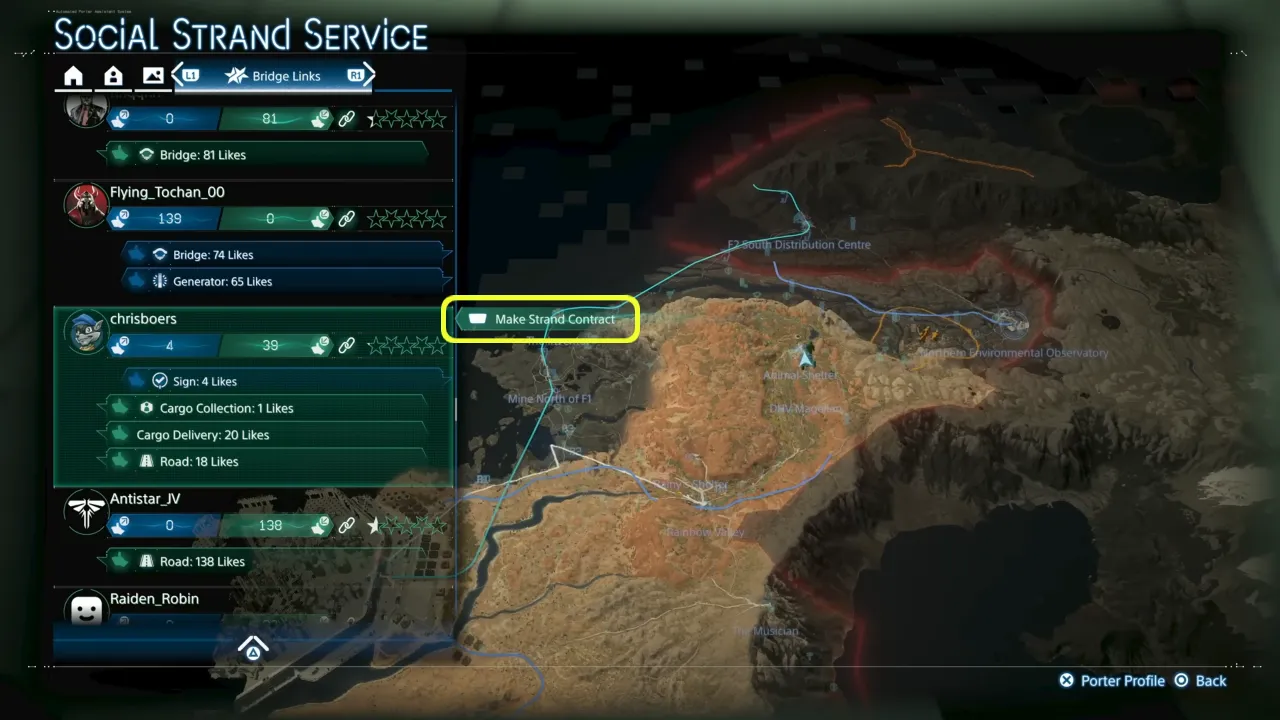
- From the Social Strand Service menu, open your Bridge Links menu from the terminal.
- You’ll see your active connections, the recent 100 players you’ve interacted with, and PSN friends who are also playing.
- Select a friend’s name, then tap the touchpad to activate the Make Strand Contract button to form a Strand Contract.
- Press it again later to cut the link.
Initially, you’re limited to 10 Strand Contracts, but that cap can be increased through the Strand Contract Cap Boost APAS Enhancements.
A contract does more than simply change what you see in the world. Over time, building up that bond with a player increases your Star rating with them. The higher the rating, the more frequently their contributions appear, and the more the two of you can indirectly support each other.
It’s even been compared to forming little pacts—trading likes, watching each other’s networks grow, and feeling the “silent companionship” Kojima always talked about. That means if you and a friend keep using and liking each other’s structures, your game world will be more tightly woven together.
Don’t have friends playing DS2? No problem. The system isn’t locked to your PSN buddies; you can form contracts with random players, too. That way, if you find someone whose roads or safehouses have been helpful, you can lock them in and make sure their builds frequently show in your world.
Tips to Make the Most of Strand Contracts
- Prioritize reliability – Contract with players who clearly maintain useful networks (roads, ziplines, generators). It’s not just about “stuff in the world,” it’s about smartly placed stuff.
- Trade likes – The more likes exchanged, the stronger your connection, and the higher your shared star rating climbs.
- Keep contracts fresh – If someone hasn’t been active or their structures stop appearing, free up the slot for another player.
- Balance with randomness – Don’t expect the system to give you a “friends-only” map. Embrace the mix of familiar and new, this is what keeps the Strand system interesting.
Death Stranding 2 lives on the connection theme, and Strand Contracts are the purest form of that. They make the world less of an endless void and more a living web of paths, choices, and good teamwork. Whether it’s with your close friends or strangers Sam meets on the way, these links turn a solo journey into a highly co-op one.

